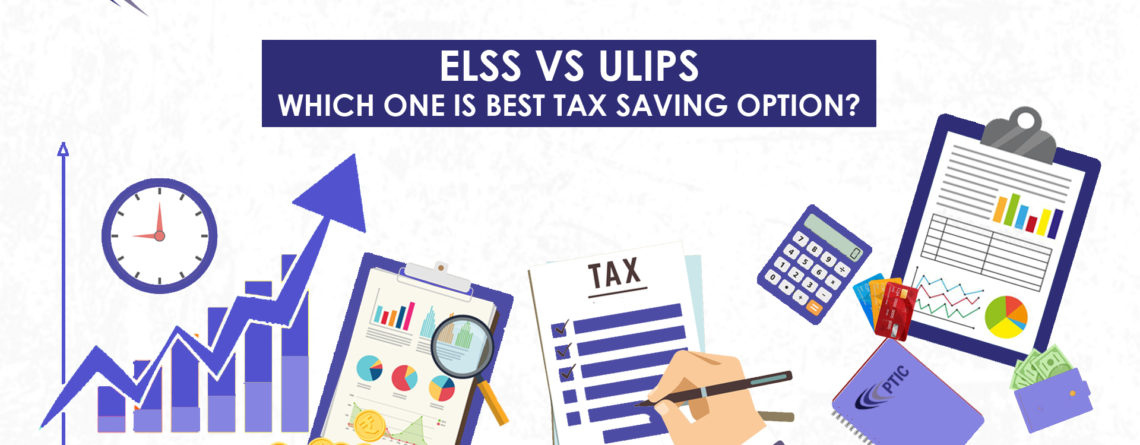When we talk about tax saving investment, there is a big debate between the ELSS (Equity Linked Savings Scheme) versus ULIP (Unit Linked Insurance Scheme). Both schemes have some similarities and some differences too. For example, both schemes combine tax saving with a long-term investment perspective. Both schemes give you an access to equities and both provide you a lock-in period. However, there are some differences on the tax front, especially after the Union Budget 2018-19. Also in terms of loading and costs, there is a distinct difference between ELSS and ULIPs. So how should an individual choose the best tax-saving option?
How ULIPs became a victim of mis-selling over the years?
ULIPs have an interesting history in the Indian markets. To begin with, most investors did not realize the difference between a ULIP and a mutual fund. The problem was that it was largely mis-sold. Investors thought they were paying for the investment product whereas they were also paying for the insurance coverage. Above all, the methodology of charging them was not too transparent. Union Budget 2018-19, it is believed, could give ULIPs some hope of a revival. The imposition of the 10% tax on LTCG (Long-Term Capital Gains) earned on mutual funds could be a trigger for ULIPs. Remember, ULIPs have been exempted from the ambit of LTCG tax and that will only be applied to direct equities and equity mutual funds.
Forget the Union Budget; ELSS still can beat ULIPs by a margin
-
A good investment product is defined by its transparency with regards to the loads, initial costs and the transparency of the portfolio. ULIPs really do not cover themselves in glory. Data about ULIPs is not as widely available and tracked as compared to mutual funds. Hence, it is difficult to find the best performing ULIP suitable for you.
-
Should you buy ULIPs because it combines insurance and investment? That is never a great idea fundamentally. From a financial planning perspective, it is always better to keep your insurance and investments separate. The best thing is to buy ELSS for your tax saving and growth and buy a term policy separately for life cover.
-
A logical corollary to the previous point. When you buy ELSS and a term policy, remember that both are eligible for exemption under Section 80C of the Income Tax Act. So you are really not losing out on anything.
-
You need to ask yourself a more fundamental question. Will there really be a major impact on your returns. Mutual Funds have consistently delivered good performance over the last 20 years.
-
ULIPs have a lock-in period of 5 years. ELSS is liquid after completion of 3 years. You effectively get the same benefit in a span of 3 years. You can choose to re-invest in a different ELSS scheme after 3 years if you are not happy with the performance.
-
This is interesting. Over a 15 year period, you can recycle your ULIP investment only for three tax benefits. At the same time, your ELSS can recycle five times in the same period. That surely makes your ELSS a better tax planning tool in the long run.
-
Once you start a ULIP, you have to keep paying a premium every year until the defined premium paying term. Whereas, in ELSS, you can choose to make an investment as per your choice. There is no compulsion to continue it every year.
-
The ULIP can become as profitable as a mutual fund only after 10 years of holding if you look at it on a post-tax basis. Till then the upfront loads on ULIPs are too high. Therefore, there is no advantage in opting for ULIPs over ELSS even after considering LTCG Tax.










